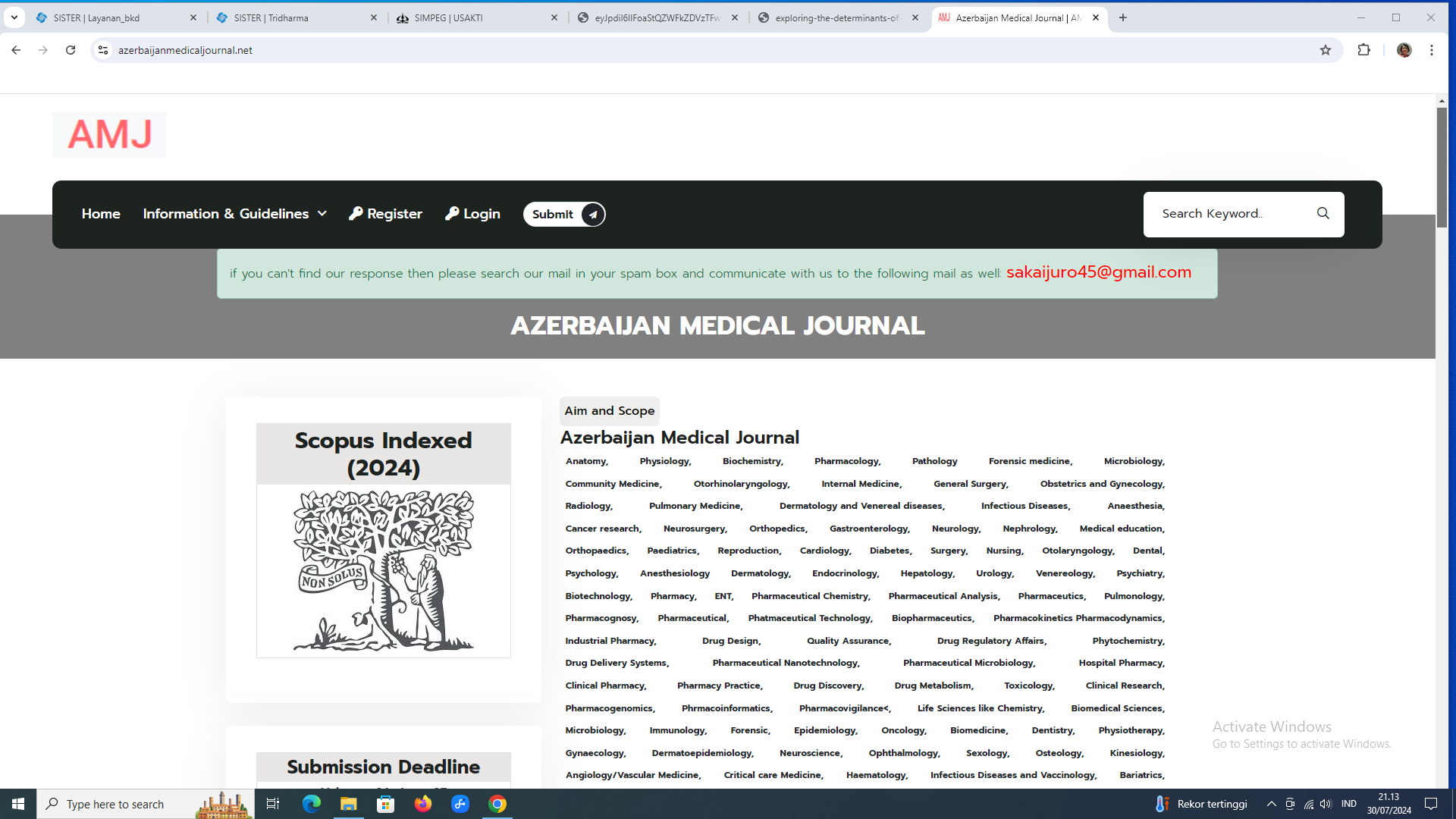
Indonesia's tuberculosis treatment success rate currently stands at 86.5%. Medication adherence is an important key to achieving treatment success. This literature review aims to provide an overview of factors contributing to medication adherence. Articles were obtained from the Scopus database, and a manual review was conducted using Google Scholar for accredited national journals in Indonesia in 2018-2023. A literature review was conducted on quantitative studies to identify factors associated with tuberculosis treatment adherence. The keywords used for the search were "determinants" AND "adherence" OR "compliance" OR "treatment dropout" OR "lost to follow-up" and tuberculosis OR TB OR TBC. A total of 25 articles were obtained for the literature review of treatment adherence factors extracted and synthesized into the five World Health Organization adherence dimensions. The main dimension contributing to TB treatment adherence in Indonesia was socio-economic. Other factors associated with treatment adherence were distance to health facilities, transportation costs, residence location, and residence distance. Successful treatment of this disease is a complex and multi-dimensional problem with many factors involved. It requires integrated treatment from health services, access to health facilities, socioeconomic support, and family and neighborhood support to achieve successful treatment outcomes.

Oleh :
Pusparini